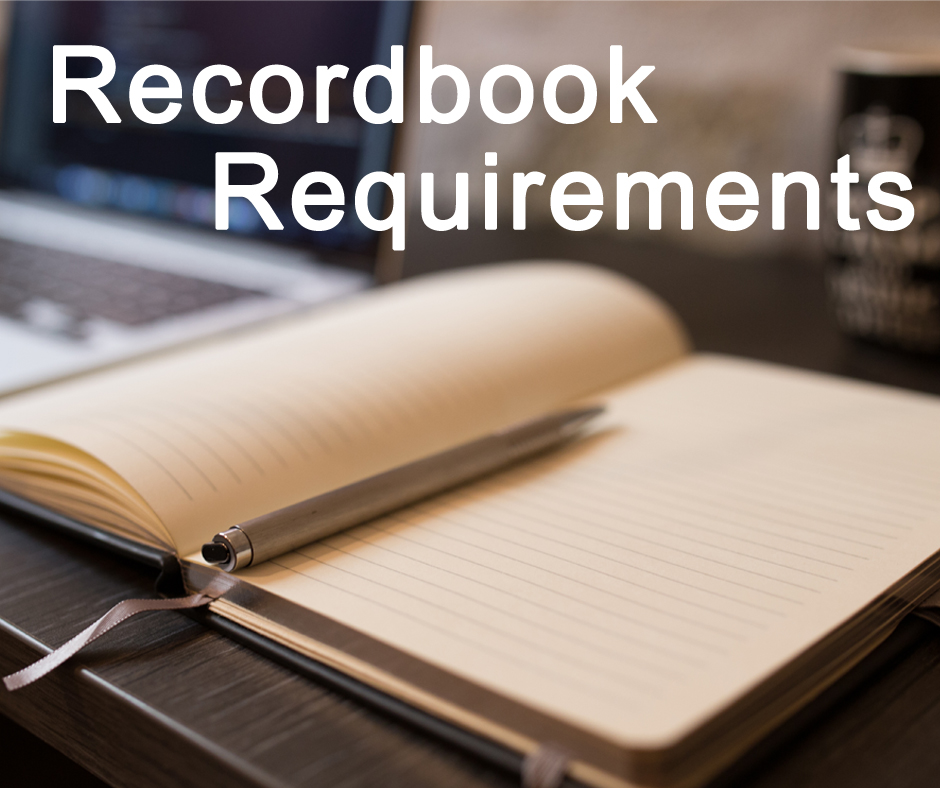Texas Notary Public Recordbook Requirements:
As a notary public in the state of Texas, you are probably aware that you are required to keep a recordbook of all notarial acts performed through the duration of your commission. But how much do you know about what is required to be included in your recordbook?Let’s Start with the Inside Cover/Front Page
The inside cover of your recordbook is required to have the following information listed:- Your commissioned name
- Your notary commission/state ID
- The term of your commission (including its expiration date)
- Your residence or mailing address/business street
- The meanings of any abbreviated words or symbols used in your recordbook
- Your official notary signature
- The dates of the first and last notarial act recorded in the book
What Information is Required in Every Notary Public Recordbook Entry?
It’s all about the details. Remember, your recordbook is required in order to protect you as the notary, as well as the public, but it can only do so if the right information is included. So, what exactly is required per entry? Every entry in a Texas Notary Public Recordbook is required to contain:- The date of the document being signed
- The date the notarization occurred
- Brief description of the document
- The name of the signer (or person who’s signature or mark you are notarizing)
- The address of the signer
- The type of ID presented for identification purposes
- If a credible witness is utilized, you must include the name and residence of the witness
- You are required to note the type of ID presented (driver’s license, passport, etc.). You are prohibited, however, from recording any serial numbers from the ID that can lead to identity theft of the signer.
- If a subscribing witness is used, the name and address of the witness must be included
- The name and residence of a grantee, if applicable
- If land is conveyed in the document, then the name of the original grantee and the county the land is located in must also be included
- Any fees charged for the notarial act or other services, IF a separate fee book of records is not already maintained
What Else Might You Need to Know?
Though not required, we do have a few tips for protecting yourself, your commission, and the credibility of your recordbook:- Write legibly in INK
- If a mistake is made, cross it out. Do not use correction fluid
- If possible, obtain the original ink signature of the signer (this is VERY important if the authenticity of the notarization is ever called into question)
- Record the type of notarial act performed (jurat, affirmation, etc), along with a brief description of the signer’s demeanor and appearance
- ALWAYS note any special or unique circumstances of a notarization
- If a signer asks you to notarize multiple documents, complete separate entries for all documents and include a note regarding the connectedness between the notarial acts
- Do not share or leave your recordbook in a public area
- Texas notaries are not required or authorized to obtain fingerprints, so do not do so, even if there is a space in your recordbook for one

